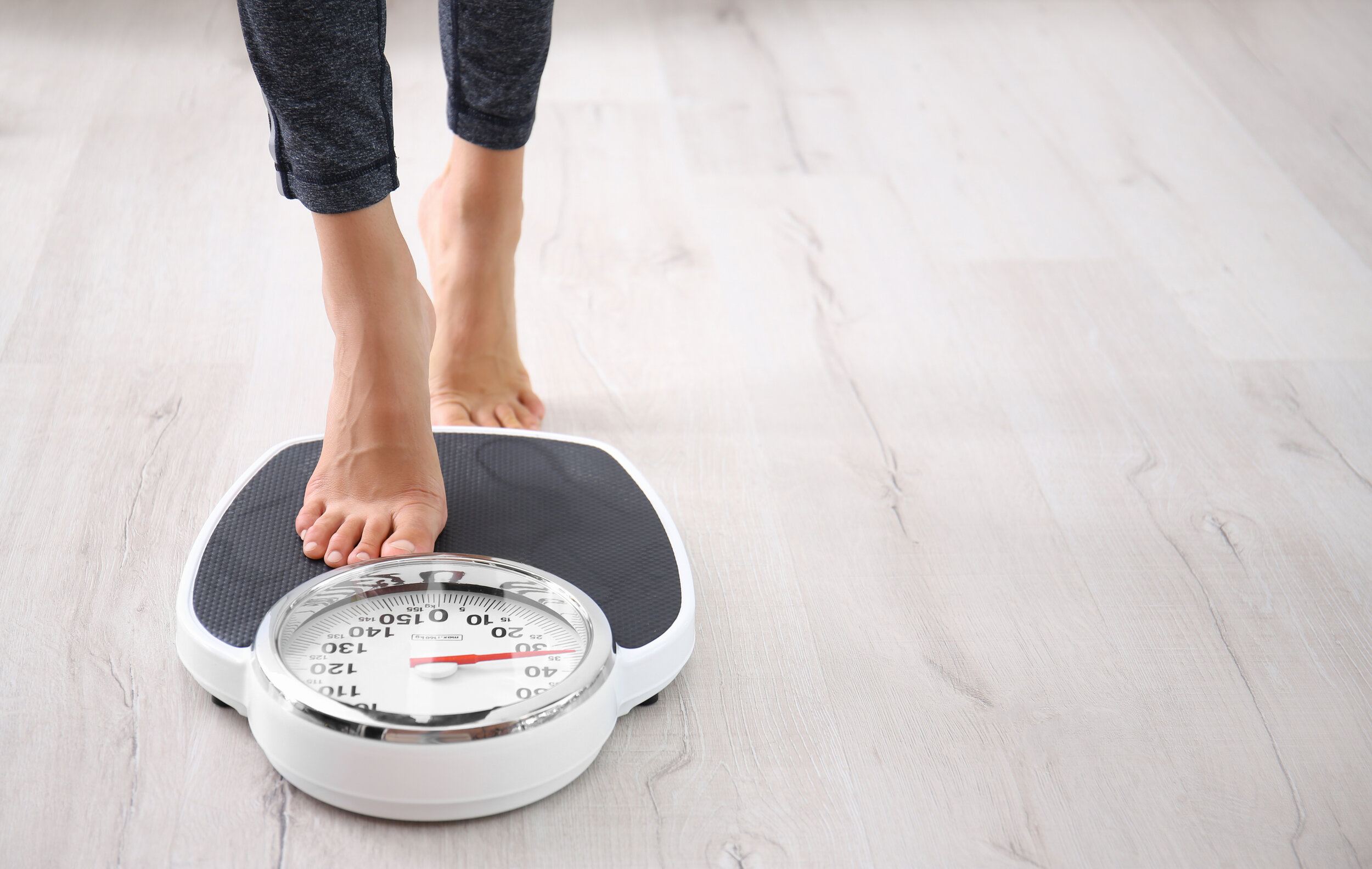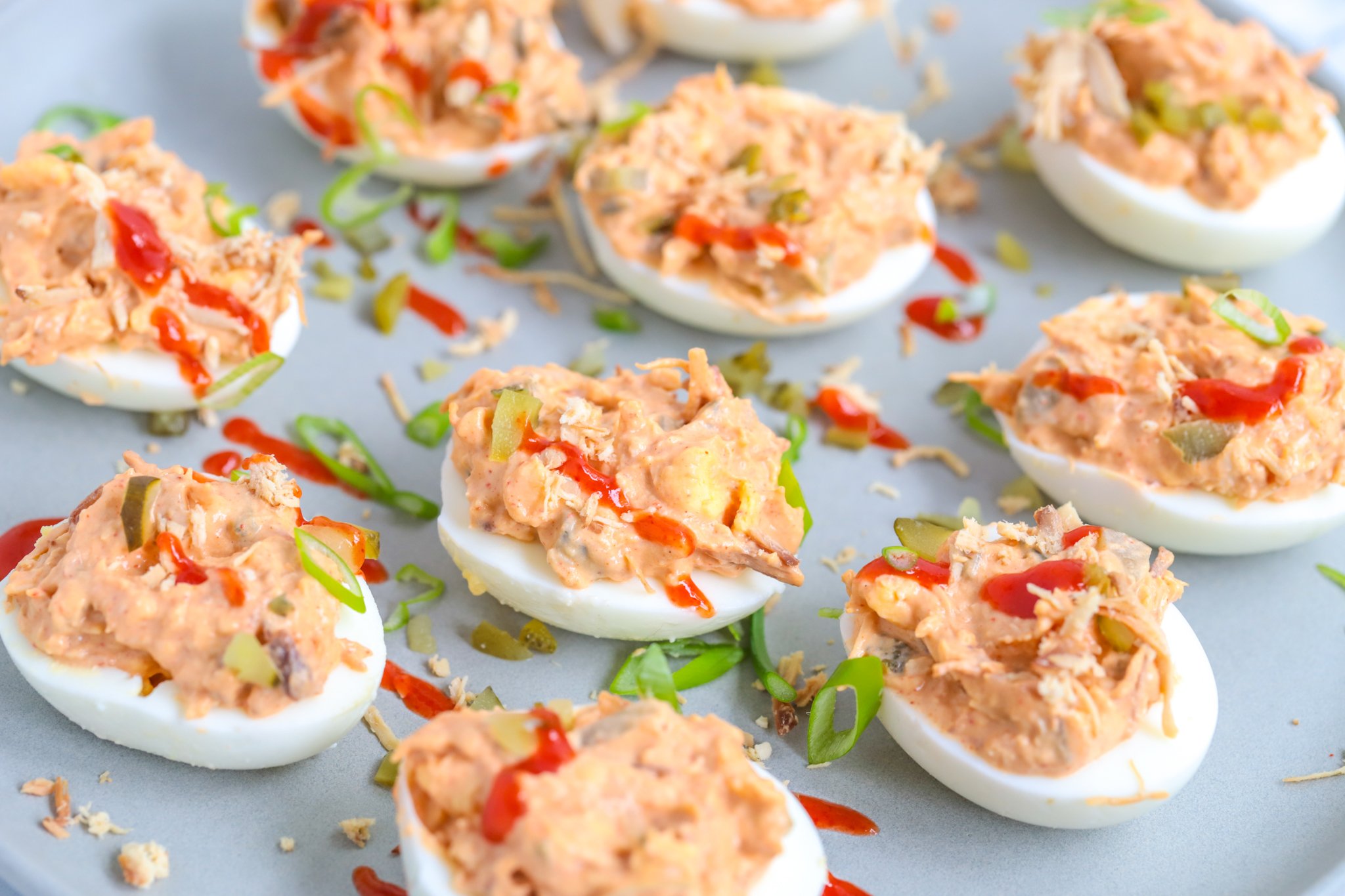The Only Two Things You Need to Know to Lose Weight
The idea of losing weight is interesting, as it’s pretty simple, but it’s not at all easy. In theory, the way you lose weight - and I’m talking about “weight” in terms of body fat - is rather simple. Of course, you can't expect instant results, as just because a process is simple doesn’t mean it’s easy to execute.
Having said that, there are only two things you need to know if you want to lose weight: how many calories you consume, and how many calories you burn. When you understand both of these metrics and keep track of them, you'll find it so much easier to shed those pounds of fat and get to a state where you feel more confident in yourself. Are the nuances to this? Sure, but that’s where the science gets a little sticky, so let’s not worry about that today.
Calories Consumed
A kilocalorie is a unit of energy that is usually just referred to as calories and sometimes expressed as kCal on food items. In essence, it explains how much energy an item of food will provide you with. Your body needs calories to function, or else you won't have the energy to do anything! So, note that calories aren’t bad. Every little process and thing that happens within your body demands calories, and there's a specific figure you need to reach to be able to just...well...live!
You can track the calories you consume by checking food labels and making a food diary. There are also apps that let you do this, allowing you to scan barcodes and access all the nutritional information. This is the best way to do it as you get a better idea of your all-around diet.
Something important to know: Calorie counts on packages and in apps are just best guesses. Don’t get hung up on exact. numbers of what you can have. It’s a ballpark figure.
Calories Burned
By contrast, the calories you burn refers to your energy expenditure. This is how much energy you burn through during the day to go about your life. The more active you are, the more calories you will burn. Likewise, heavier people will burn more calories per day than lighter people, purely because they have a larger body to fuel, which requires more effort. You burn calories even while you rest, because your body obviously still needs the energy to digest food, pump blood everywhere, and so on.
Tracking the calories you burn is a case of wearing a heart rate monitor or an activity tracker. Both will monitor your heart rate and determine how many calories you're burning throughout the day. Again, these counts aren’t exact, so like with your calories consumed, it’s a ballpark figure.
Why Do These Things Help You Lose Weight?
Essentially, tracking your calories matters because you need to burn more than you consume to lose body fat. This shows how essential integrative nutrition and daily activity are for losing weight. You need to be in a situation where you're eating a few hundred calories less than you burn every single week. At the same time, you don't want to completely starve yourself of the calories you consume, or you'll feel low-energy (and hangry!) all the time. This is where you should work out your BMR (basal metabolic rate), which is the minimum amount of calories your body needs to function at rest. That's the absolute bare minimum you should eat, then work from there until you find the right balance.
As a good rule of thumb, if you struggle to cut down on your calories consumed, increase your calories burned! However, there’s a saying that you can’t outrun a bad diet, so don’t overestimate how much you can eat after that yoga class. ;-)
Once you read a couple of body shaping articles and keep track of these two things and understand them in more detail, you'll have the theory behind fat loss nailed down, making it much easier to set goals and achieve your targets!











